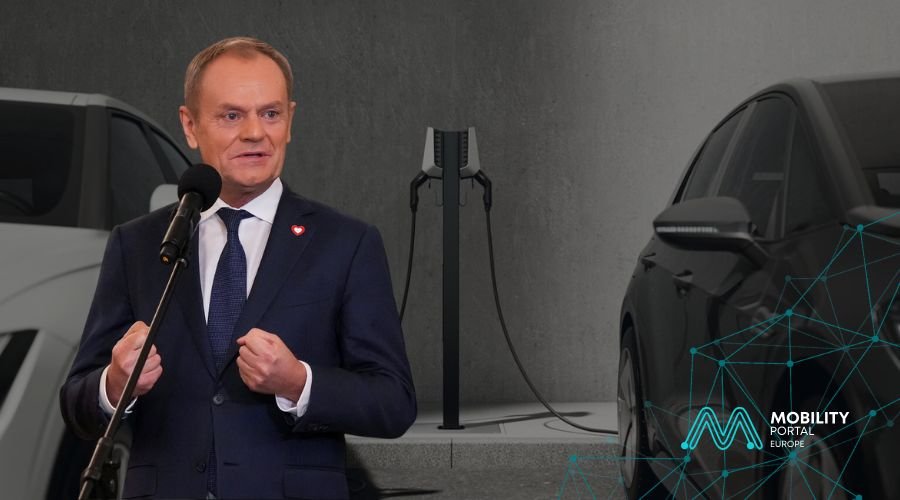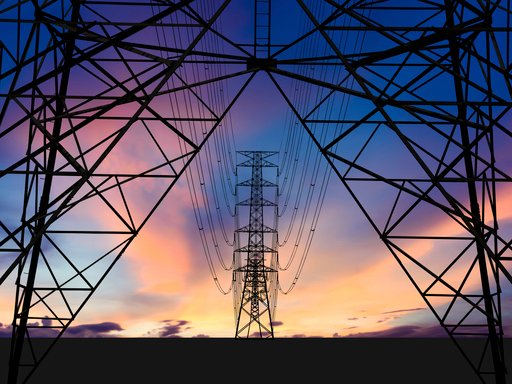Poland is extending its household electricity price freeze until the end of 2025 to support electric vehicle (EV) adoption amid a surge in battery electric vehicle (BEV) registrations. Prime Minister Donald Tusk announced that the program, originally set to expire on September 30, will now remain in effect until December 31, 2025. Under this scheme, household electricity prices will remain capped at PLN 500 (approximately 117 euros) per megawatt-hour (MWh), equivalent to around 0.50 euros per kilowatt-hour (kWh).
Tusk noted that with declining energy market prices, tariff spikes are unlikely in the coming year. This price freeze is particularly impactful for EV owners, as approximately 80% of them charge their vehicles at home, making electricity costs a significant factor in purchasing decisions. Krysztof Burda, President of the Polish Chamber of Electromobility Development (PIRE), emphasized the importance of this measure, stating it is a key incentive for buying EVs and allows for more economical driving.
Burda also pointed out that unlike previous years, there are no energy consumption limits under the current policy. The extension of the price freeze arrives at a critical moment for the eMobility sector in Poland; in May 2025, the country saw a record 2,818 BEV registrations, marking a 118% increase from the same month in 2024. This surge raises the market share of BEVs to 6%, the highest level recorded to date, reflecting a growing acceptance of electric mobility in Poland.
Factors driving this increase include an expanded vehicle offering, the introduction of new Chinese brands to the market, incentives from the NaszEauto program, and manufacturers’ strategies to comply with the EU’s CO₂ emission reduction targets.
However, the price freeze does not extend to the industrial sector, where tariffs follow a different pricing structure. Industrial electricity rates are distinct from household rates and businesses can negotiate contracts with energy suppliers, often securing lower prices, especially for green energy. Tusk highlighted that industrial electricity prices have dropped by 30% this year, creating a disparity that may challenge companies with electric vehicle fleets.
Burda warned that each company faces unique situations, underscoring the importance of understanding the energy market’s effects on operational costs and fleet electrification strategies. The Polish government is also exploring a potential price freeze for energy-intensive industries, which could set a maximum rate of 250 zlotys per MWh, potentially facilitating further fleet electrification.
Poland’s Minister of Climate and Environment, Paulina Hennig-Kloska, stated that the price freeze is essential for maintaining stable living costs for families. She also noted that this initiative aligns with a series of legislative reforms aimed at advancing renewable energy, including the NaszAuto program that encourages EV purchases.
As Poland moves forward with these measures, the focus remains on supporting the growth of the electric vehicle market while promoting sustainable energy solutions.




